THE FLIGHT DECK • January 2021
Book Club: Mark Vanhoenacker
It’s a new year, and time for a new Club series to sink your teeth into: a look at the bookshelves of British Airways’ all-travelling insiders. Revealing his favourite tomes that deserve a spot on your bedside table, 787 pilot and bestselling author Mark Vanhoenacker gets us under way…
Moby-Dick
When it comes to my favourite books I should start with where I was born: in Pittsfield, Massachusetts, the New England settlement where Herman Melville wrote Moby-Dick. Melville was born in New York City, sailed for Liverpool before he was 20, and went on to see more of the planet – Europe, the Middle East, the South Seas, you name it – than almost anyone of his era could. Between journeys, he sat down at his desk in his farmhouse in my small, inland hometown and penned his epic story of a white whale and a very wide world.
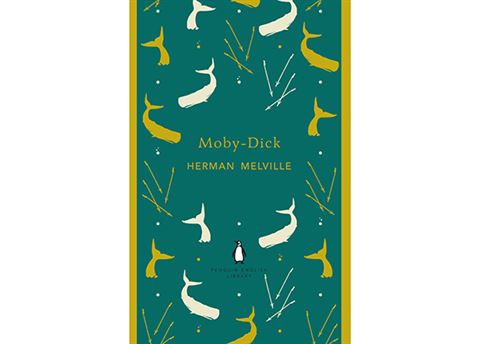
Arabian Sands
As someone who spent much of my childhood turning the light-up globe on my desk in my family’s Pittsfield home, it’s not surprising that many of my other best-loved books share a travel theme. I’m a particular fan of Arabian Sands, Wilfred Thesiger’s classic account of his mid-century crossing of the Empty Quarter, the aptly named sea of sand dunes in southern Arabia. His journey inspired my own camping trip to Oman in 2012. While nothing on the scale of Thesiger’s adventures, it was one of the most memorable journeys of my life.

Piranesi
I know I’m not the only keen traveller who spent more time at home in 2020 than I expected to. So I was glad to have come across Piranesi by Susanna Clarke. It’s not giving too much away to say that this marvellous book is about a house like no other, and I hope you’ll enjoy wandering through its entrancing halls as much as I did.

Why We Swim
One of the other pleasures I missed last year was swimming, but I took consolation and inspiration, too, from the much-lauded Why We Swim by Bonnie Tsui. This book may start at the earliest known days of swimming (images of swimmers on the walls of a cave in the Sahara may be 10,000 years old), but it does far more than simply trace the history of one of my favourite activities. Those of us who never quite made it to an Olympic medal ceremony will particularly enjoy her discussion of why we might find swimming so relaxing. Indeed, Tsui can make even a sans-wetsuit dip in the chilly waters of San Francisco Bay seem inviting. The perfect poolside read for 2021.
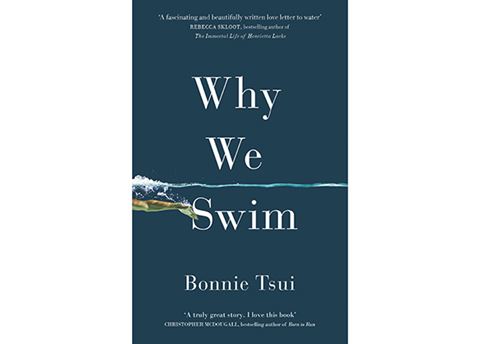
The Sea and Civilization
One of the most extraordinary works of nonfiction I’ve read in the last decade or so is The Sea and Civilization by Lincoln Paine. When I finished this monumental history of the maritime world – and I won’t lie, it took me a while – I realised that Paine had connected various locations, ages, and technologies in a way that was entirely new to me. He’d also – quite unexpectedly – altered my experience of flying. I acquired a new appreciation for the language and traditions of aviation that owe much to the world Paine chronicles. I also found I looked with a new wonder not only at the far-below ocean itself, but also at the great coastal and riverside metropolises that dominate a long-haul pilot’s world.
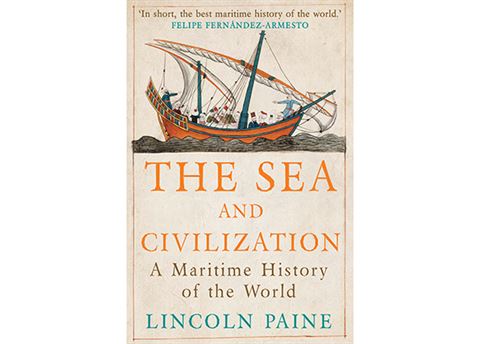
The Sirens of Mars
Moving to a still wider realm, I’ve always had an amateur interest in astronomy (this comes easily to many pilots, who see such spectacular night skies, especially in winter). I loved Carl Sagan’s books when I was younger, and I thought of Sagan often as I read The Sirens of Mars by Sarah Stewart Johnson, a planetary scientist with a keen appreciation for the scientific but also the cultural and personal aspects of her longstanding fascination with the red planet.
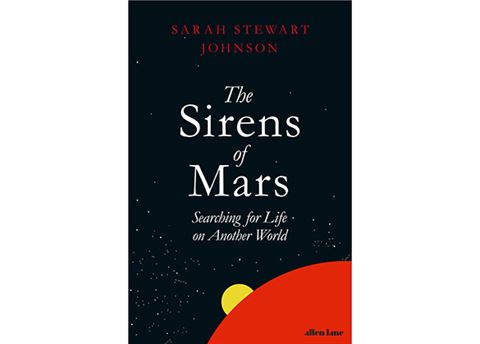
Midsummer
Back here on Earth, I promise I’m not just including Midsummer by Derek Walcott, the St Lucia-born Nobel laureate, because the first poem in this volume (which I love so much that a portion of it appears on the first page of my own first book) deals so memorably with three of my favorite subjects: flying, language, and history. “The lowering window resounds / over pages of earth, the canefields set in stanzas…” The rest of the book is no less beautiful. I can’t recommend it highly enough.

Invisible Cities
I find that every year is a good one in which to reread Invisible Cities by Italo Calvino. Finely structured, artistically but also mathematically, this ethereal book takes the form of a remarkable conversation between Kublai Khan and Marco Polo. It’s one of my very favourite books. It’s also very short, so it will fit easily into your hand luggage. I recommend starting it on your next overnight flight, after you’ve turned to the oval window to watch a glowing, seemingly silent city scroll past on the dark land below. Alternatively, save it for a café or a park bench on your first morning in a new place.
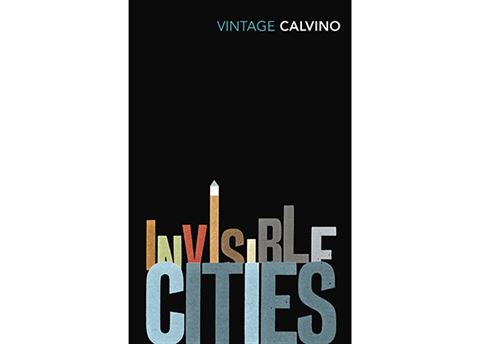
Mark Vanhoenacker is a Senior First Officer on the Boeing 787 fleet. A frequent contributor to the Financial Times and the New York Times, he is the author of the international bestseller Skyfaring: A Journey with a Pilot and How to Land a Plane
More from previous issues

Five of the most-read travel stories on High Life this month
British Airways’ magazine, High Life, is now serving up holiday inspiration online. Here’s what’s taking off…

Five festive cocktails for every occasion
Multi-award-winning bartender Mr Lyan blows into town with bespoke recipes that’ll make you everyone’s favourite host this Christmas

The battle of the Christmas movies
Two of best film critics in the biz, two totally different festive flicks. Let the credits roll....

Inside London’s most Christmassy hotels
Not feeling the festivities quite yet? Let our hotel insiders help you along with a glimpse inside their storied doors
